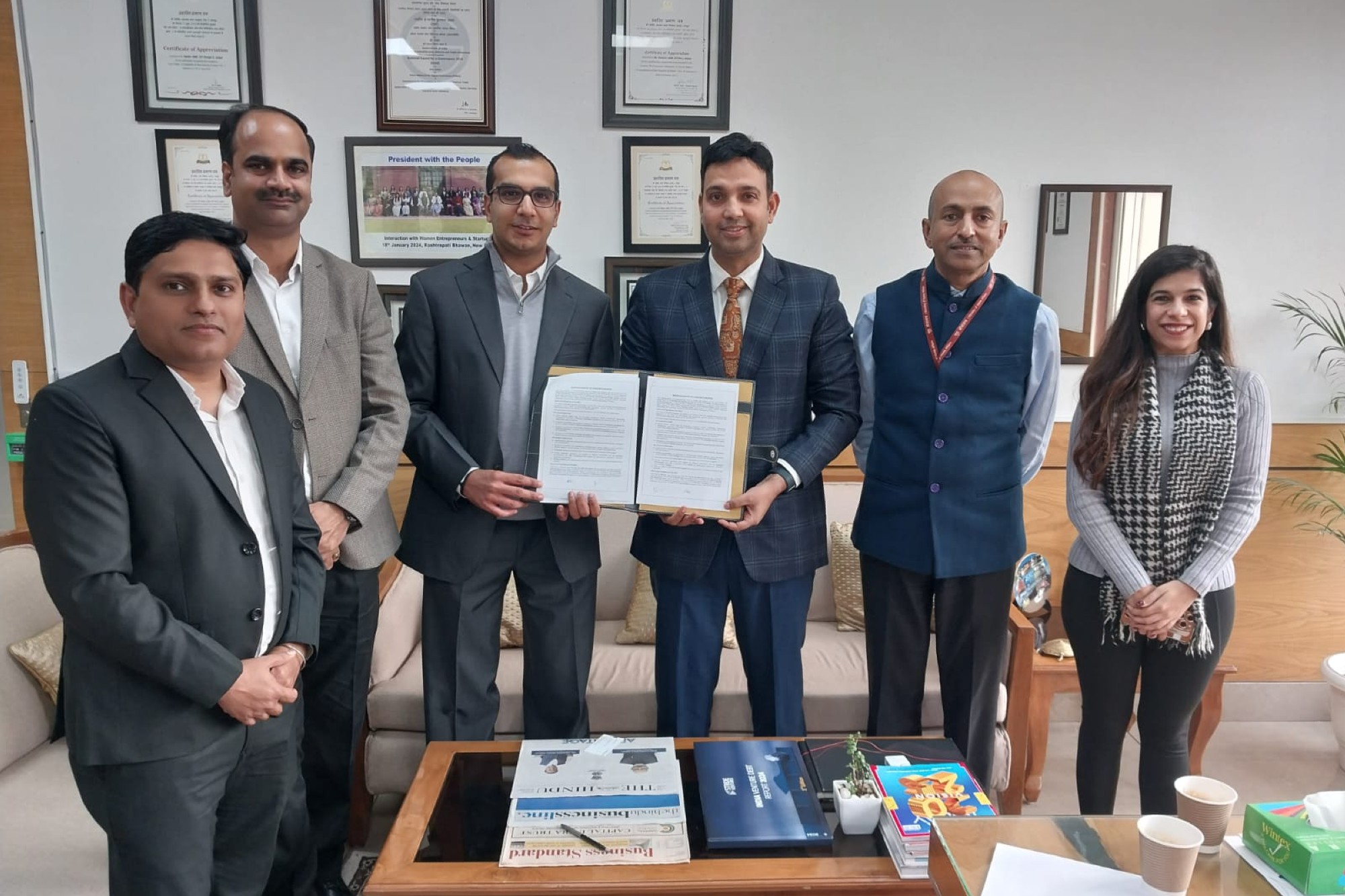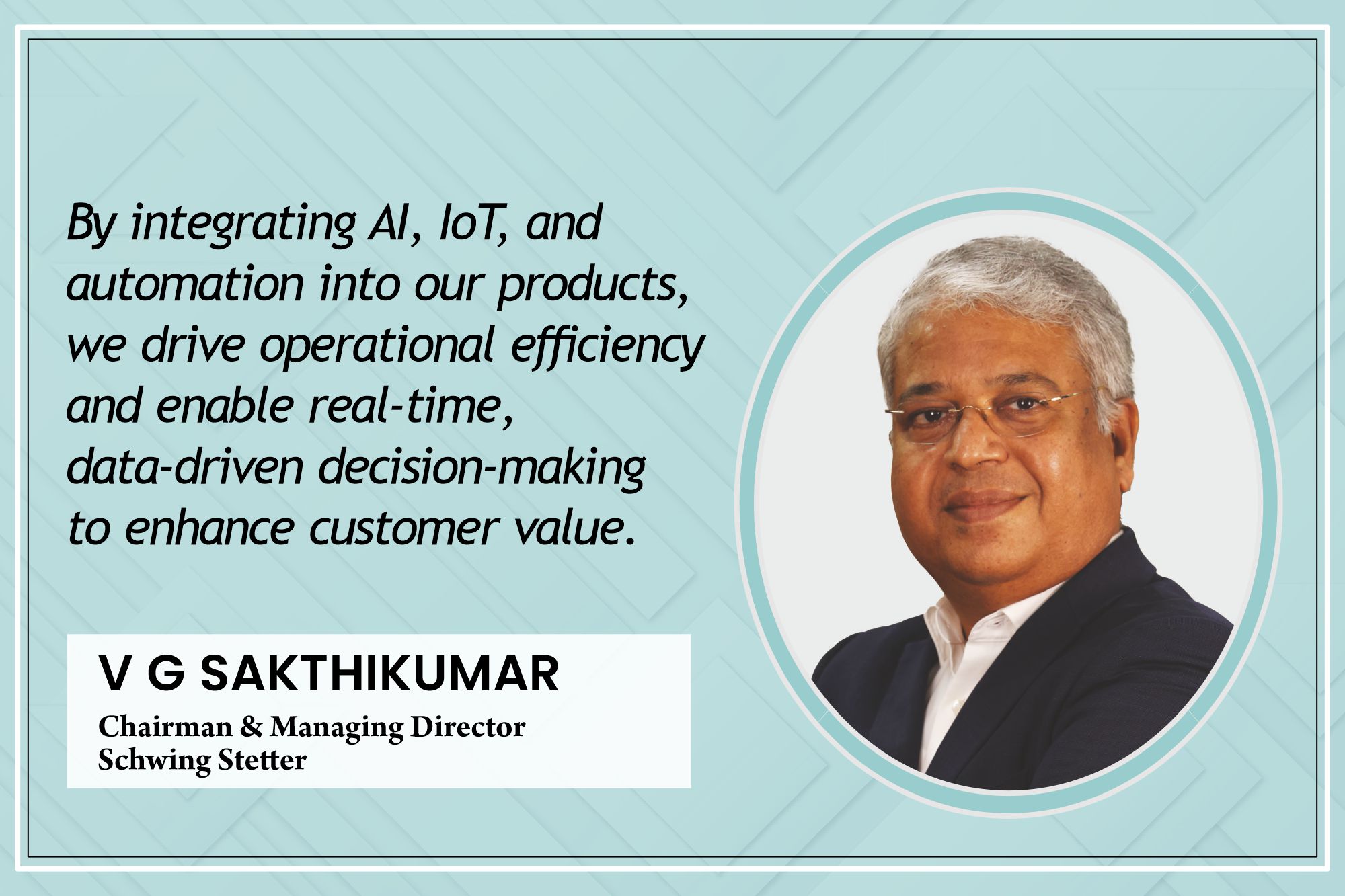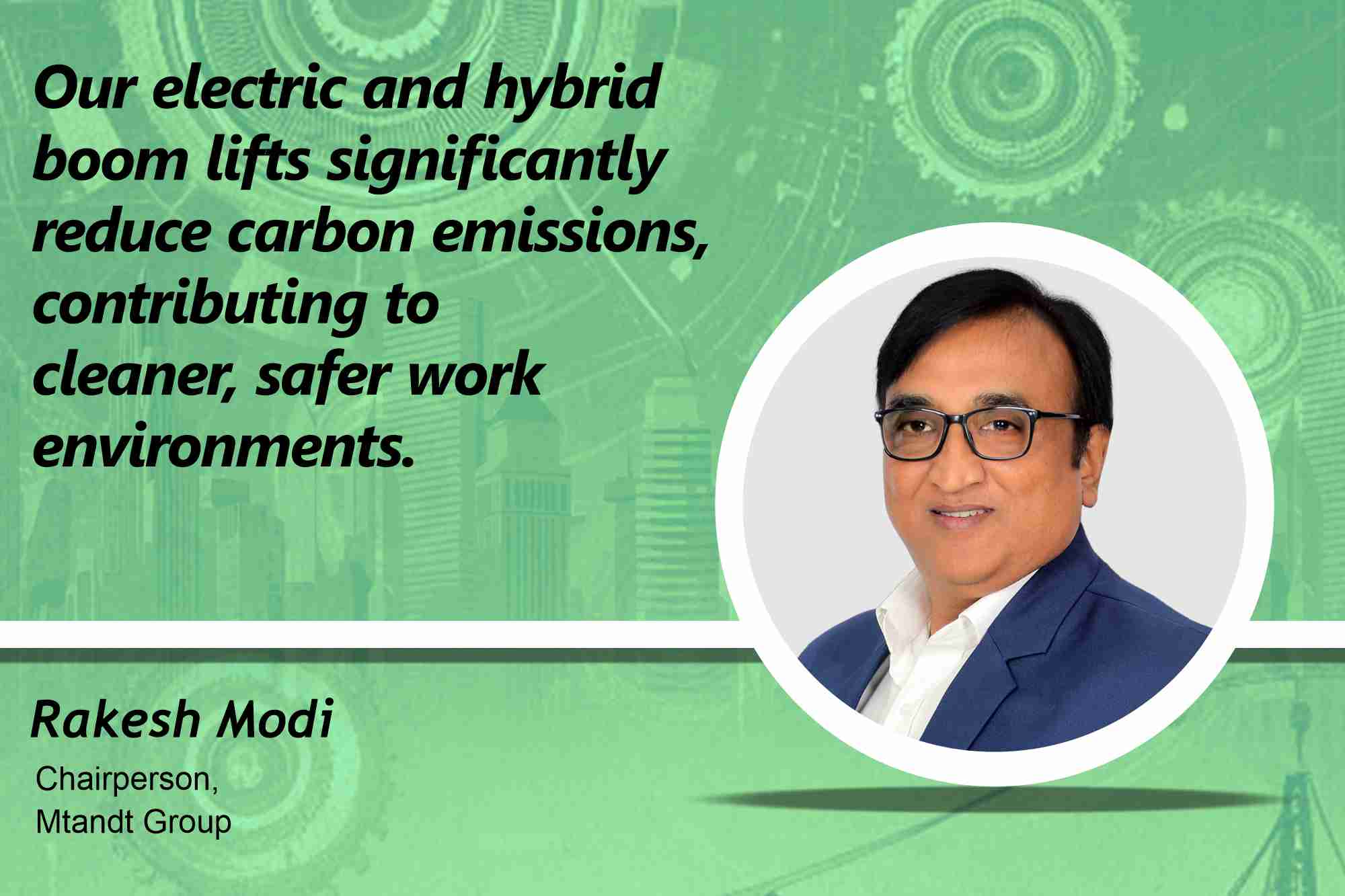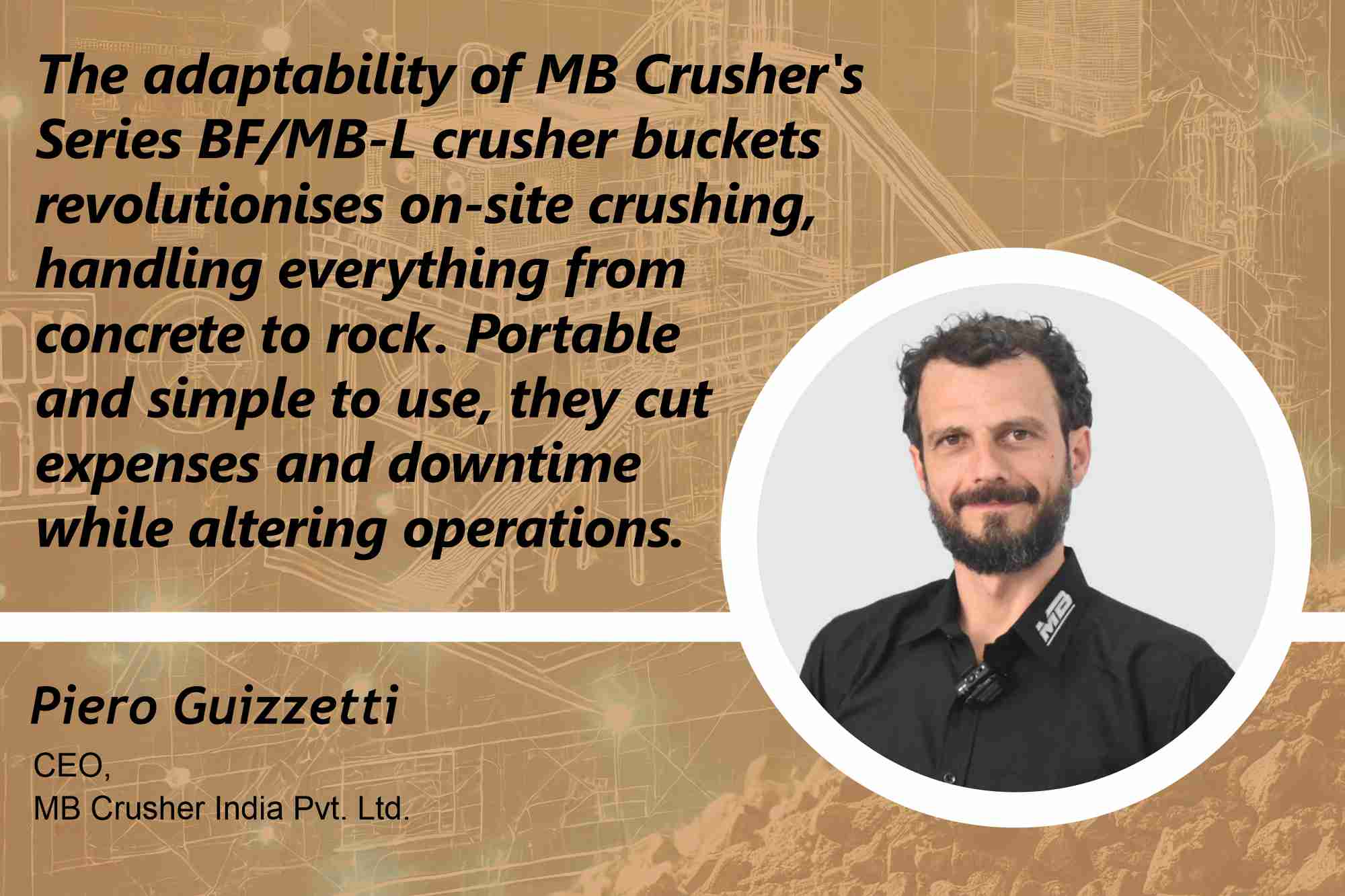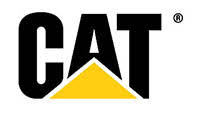Managing inventory: the biggest challenge for logistics manager
By Edit Team | November 12, 2014 6:27 am SHARE

Driving potential suppliers away by applying complex processes or complex requirements is counterproductive.
Umang Realtech Pvt. Ltd. is a real estate player catering to mid segment housing apartments in Delhi NCR and other parts of India. It strives for timely delivery of the finest ideas in real estate business while ensuring maximum return on customers’ investments. Mohammad Farook emphasises the need of being in action to achieve some positive results for procurement sector.
Being open
India is leading its way in developing countries. However, Mr Farook feels, with the vision of our present PM to make India a developed nation, a lot has to be done to fulfil the requirements of infrastructure development need.
Price variations and production needs to be enhanced. “Competitive pricing needs to be encouraged with being open to the production of various kinds of materials. This would also help Indian manufacturers to compete with foreign competitors,” suggests Mr Farook.
Need to be in action
The need is to make sure that procurement continues to demand only those outcomes that suppliers are capable of providing. This does not prevent procurement professionals from encouraging the supply market to provide more. However, Mr Farook observes, procurement professionals need to acknowledge that building competitive markets requires competing suppliers. Driving potential suppliers away by applying complex processes or complex requirements is counterproductive.
Some more observations by Mr Farook are as follows:
• Small businesses are not set up to deal with complexity. Yet, if small businesses do not get converted into large businesses, the required competitive markets will not be formed in the future
• Compliance with standards, requirements and processes is important, and the way we measure the compliance of both staff and suppliers will influence their behaviours. A key factor in influencing their behaviour is the complexity and the cost of compliance. This internal conflict can be resolved by making compliance part of our culture
• Need to establish procurement as a discipline that is capable of adapting readily to an ever changing world
• Need to build teams, skills and processes that enable us to develop a community of procurement professionals who can do all of the above while still delivering best value for money from individual procurements.
Potential factors
Single planning for design, supply and construction pulling demand is required and issuing the right work to the right people at the right time is also essential. Also digital design technologies are needed to support design, construction, integration and maintenance activities.
Further, according to Mr Farook, below factors are necessary to implement for improved picture of procurement:
• Systems integration through co-located project teams to coordinate the design, engineering, integration and delivery of a fully-functioning operational system
• Project and programme management focusing on critical path and supporting an integrated supply chain
• Just-in-time logistics to coordinate the supply of materials and minimise inventories on site
• Logistics centres managing the delivery of materials and consolidating everything needed for site assembly
• Standardised products and data to shift design and construction to speciality vendors and contractors to ensure efficient configuration (modular and pre-assembly) and composition to minimise onsite labour effort.
Logistics and material management
Logistics is evolved from material management and supply chain management has evolved from logistics. When we say logistics, broadly it covers: transport management, warehouse management, vendor management, and inventory management. “The real challenge of logistics manager lies in managing the inventory. This inventory could be of either raw materials or of finished goods,” observes Mr Farook.
Present logistics in India is not sufficient in order to achieve the proposed future vision by our PM. According to Mr Farook, “To make India a developed country we need dedicated freight corridors of roadways/ railways to be connected with ports. Common cities and towns need improvement in infrastructure.”
e-Procurement as a catalyst
Talking about the e-Procurement technology the company uses, Mr Farook says, ”e-Procurement brings in transparency and efficiency. Currently we use E-tender technology which is performing well enough for us. Moreover we are using ERP system NET4U/ R construct to get visibility and control over all the expenditure happens in our company.”
He further evaluates the performance of the said e-Procurement technique as he describes its major functions follows:
• To act as the catalyst for procurement reform
• To enhance transparency, monitoring and control in procurement process
• To bring in economies of scale through aggregation of demand
• To reduce cost of doing business for both purchaser and suppliers
• To establish level playing field and fair competitive platform for the suppliers
Umang for future
Umang Realtech believes that it boasts of an experienced and forward thinking management comprising of leading industry experts from Uppal and Indus Capital Partners. Umang wishes to continue to deliver efficient customer service maintaining a steady balance of quality and class across all its projects.
– Mohammad Farook, Senior Manager- Purchase,
Umang Realtech Pvt. Ltd.
Cookie Consent
We use cookies to personalize your experience. By continuing to visit this website you agree to our Terms & Conditions, Privacy Policy and Cookie Policy.



